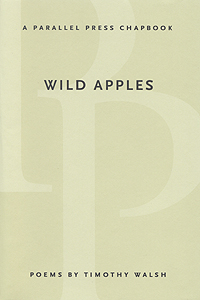 |
Login |
| Poetry Cam |
| Poetry News |
| Poet Profiles |
Company Email:

Ask for this YDP anthology at your favorite bookstore or order it online today!
|
||||||||||||||||
|
||||||||||||||||
| Home | About Us | Contact Us | Sitemap | Bookmark Us | Website Development by Practical Business Systems |
As an Amazon Associate I earn from qualifying purchases. Purchasing books through any poet's Amazon links helps to support Your Daily Poem. The material on this site may not be copied, reproduced, downloaded, distributed, transmitted, stored, altered, adapted, or otherwise used in any way without the express written permission of the owner. |






.jpg)